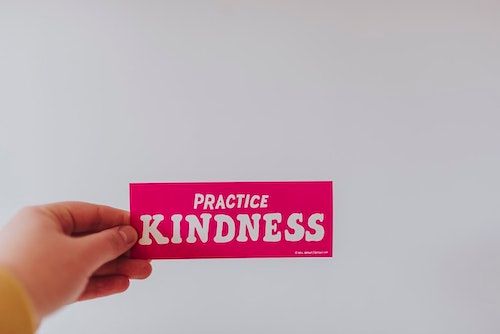
In the world of small business, it can be difficult to avoid controversial topics. You definitely don’t want to isolate consumers, but you may also have a specific customer in mind for your business. After watching companies like Apple, Starbucks and Chick-fil-A in the news in recent years, it’s still hard to know what positives can come from taking a stand on controversial issues. Today we’re going to talk about pros and cons.
Pros
Taking a stand on a controversial topic could help promote a small business. This is Possibly the greatest positive of tackling an issue is showing your company’s conviction. Current and potential consumers can know your small business doesn’t just have values—you actually stand by them. Whether they agree or not, consumers may respect your decision to take a stand regardless.
Secondly, controversial topics are popular. In the age of the non-stop, 24/7 media cycle, controversial issues are discussed in depth all day, every day. When your business puts its name into the mix, it increases your chance of being seen and—more importantly—heard. Capitalizing on recent events gives more visibility to your brand and can boost engagement simply because consumers are more aware of where your company stands.
Finally, many customers who do agree with your company’s stance will probably deepen their relationship with your business when they learn your position. For example, according to Forbes, 20% of 26–35 year olds say they’re more likely to shop at companies whose social-political stances mirror their own. While your opinion may isolate some consumers, it may engage and deepen relationships with your loyal customers even more.
Cons
Of course, with positives come negatives. If your small business takes a stand on a controversial issue, you run the risk of customers not agreeing with you and writing you off altogether.
People don’t separate individuals from businesses. As a small-business owner, your thoughts and opinions are in the public sphere, and for better or worse, the business is automatically linked to every opinion you express. If your small company takes a stand on an issue, your employees could be adversely affected because they are seen as representative of the business.
And the public never forgets. If your small business has an opinion now, chances are it will be brought up again… and again… and again. Once your stance is open to the public, it’s out there for good. This can have especially negative effects if at some point in the future your business tries to work with a new partner, find a different employee or get involved in something that may seem “hypocritical.” When it comes to the sphere of public opinion, consumers can be unforgiving and unforgetting.
Finally, your message might be misinterpreted. Perhaps you want to take a small stand on an issue, but it somehow gets blown out of proportion and consumers see it as a big stand. This can have far-reaching negative consequences you would have never predicted. In a world of technology and text on screens which lacks tone and nonverbal cues, it’s easy for your position to end up appearing more radical than you considered.
When it comes to getting involved in current events, there are lots of pros and cons to consider for your small business. While taking a stand on an issue can have negative consequences, there are also some worthwhile positives. No matter what your business decides, be sure to think carefully first. No matter what you do, be consistent in your stance and own mistakes if they’re misconstrued with proactive public relations efforts.
